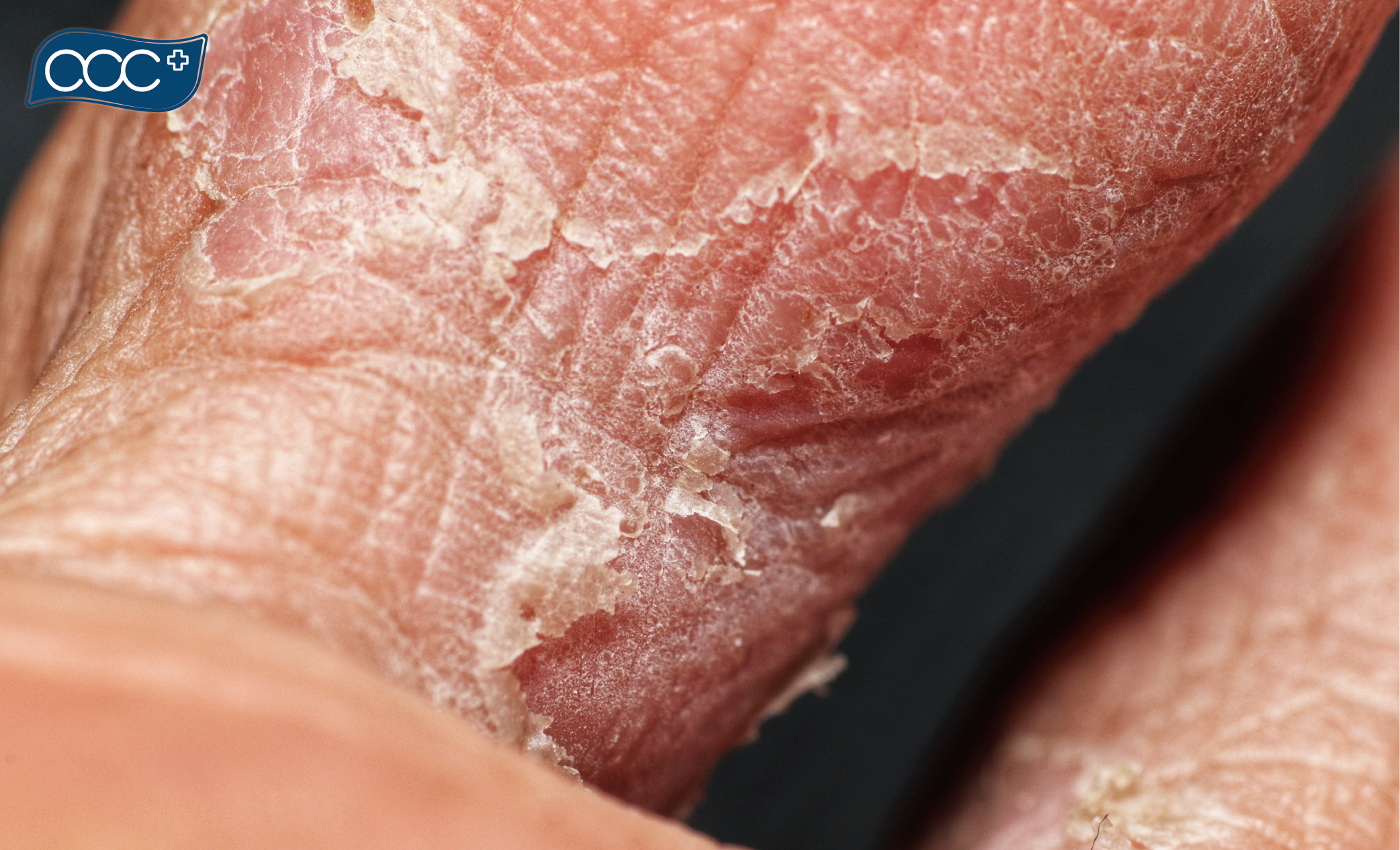Athlete's foot, also known as tinea pedis (Tinea pedis), is a skin disease caused by fungal infection. In addition to the skin of the feet, the infection may also spread to the toenails and even the hands.
Foot mold in Hong Kong is commonly found in warm and humid environments such as shoes, socks, swimming pools, changing rooms and floors of public showers. Symptoms of Hong Kong foot The following are common symptoms of Hong Kong foot: Itching between the toes Stinging and burning sensation on the soles of the feet Blisters on the soles of the feet Cracked and peeling skin between the toes or on the soles of the feet Dry and hard skin on the soles or sides of the feet Discolored, thick and brittle nails that easily detach from the nail bed
Risk Factors for Athlete's Foot
The following are the reasons why you are prone to Hong Kong's foot:
- Walking barefoot in public areas prone to mold, such as changing rooms, saunas, swimming pools, and public bathrooms
- Sharing socks, shoes, or towels with an infected person
- Frequently wearing tight open-toed shoes with prolonged damp and sweaty feet
- Minor skin or nail lesions on the feet
How to treat Hong Kong foot?
Depending on the type and severity of Athlete's foot, there are different treatments. Patients can use antifungal drugs to treat at home, but they must complete the entire course of treatment to avoid recurrence of infection.
Common over-the-counter antifungals are topical, such as clotrimazole (Lotrimin), miconazole (Micatin), terbinafine (Lamisil), and tosylate (Tinactin). If over-the-counter medicines are ineffective or if the infection worsens, a doctor's prescription antifungal medicine must be used, such as Mentax, Clotrimazole, and Naftin; other oral antifungal medicines include Flucan azole (Diflucan), itraconazole (Sporanox), and terbinafine (Lamisil).
Prevention methods for Hong Kong foot:
- Dry between the toes as early as possible after swimming or bathing
- Wear comfortable shoes or sandals with well-ventilated socks, and change socks more frequently, such as more than 2 times a day
- use talcum powder or anti-fungal powder on your feet
- Before wearing the same shoes again, make sure they have been ventilated for at least 24 hours
- Wear flip flops or sandals in public pools and showers.
If you have any questions, it is advisable to consult your physician to find out which method of prevention is best for you.

